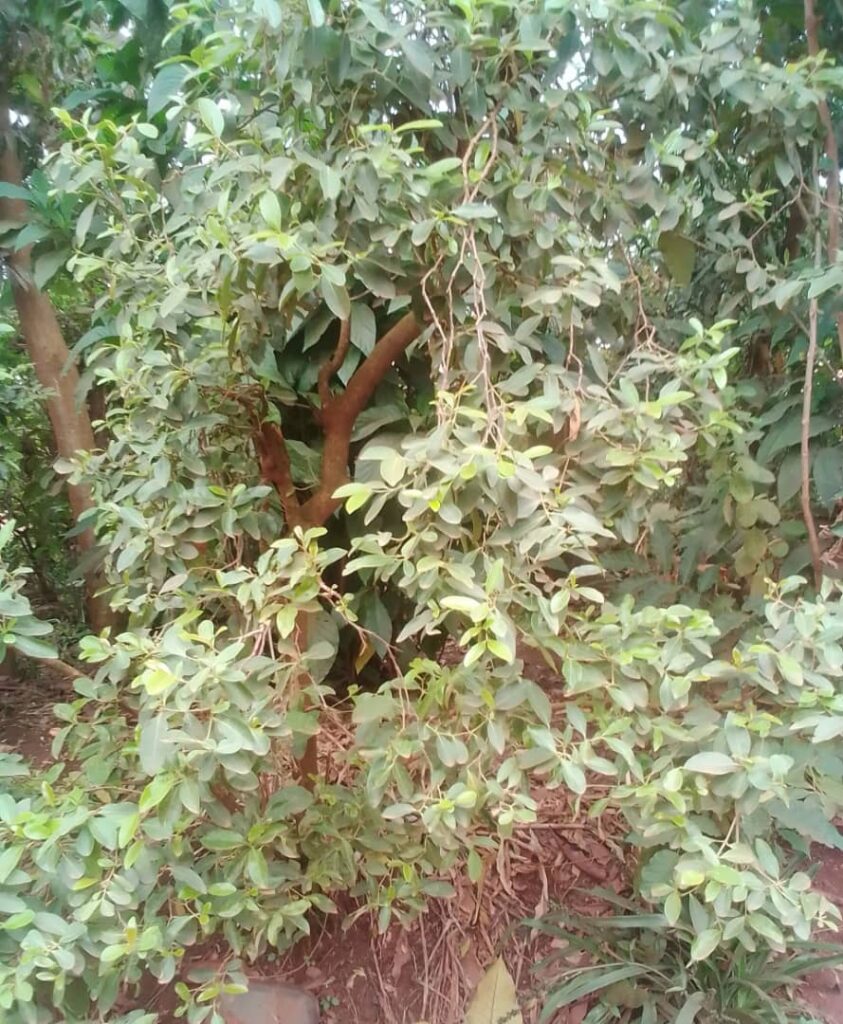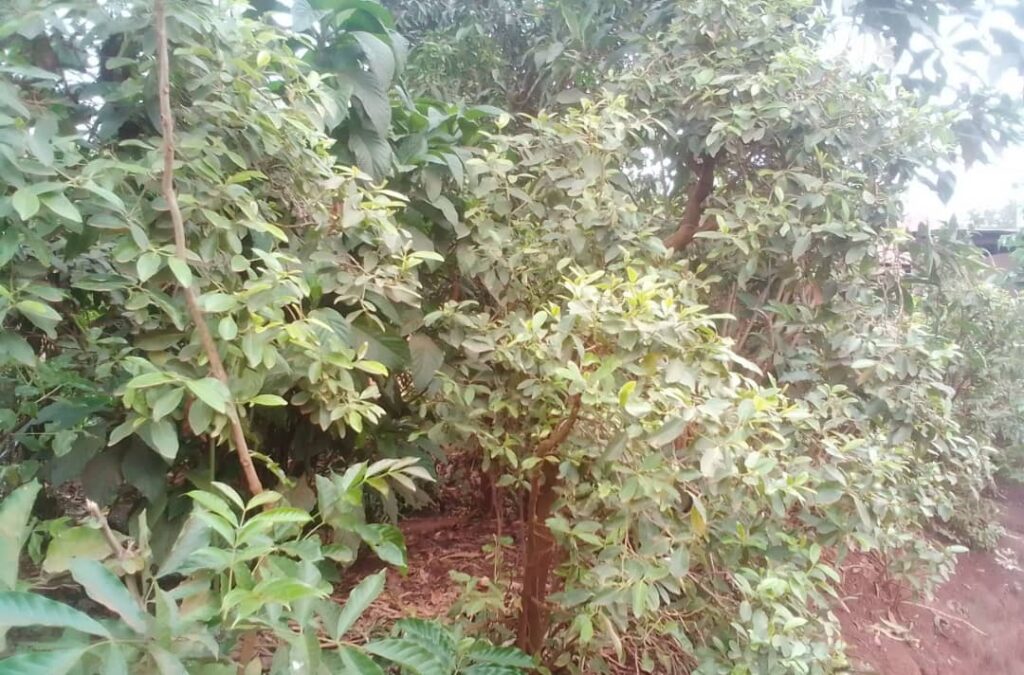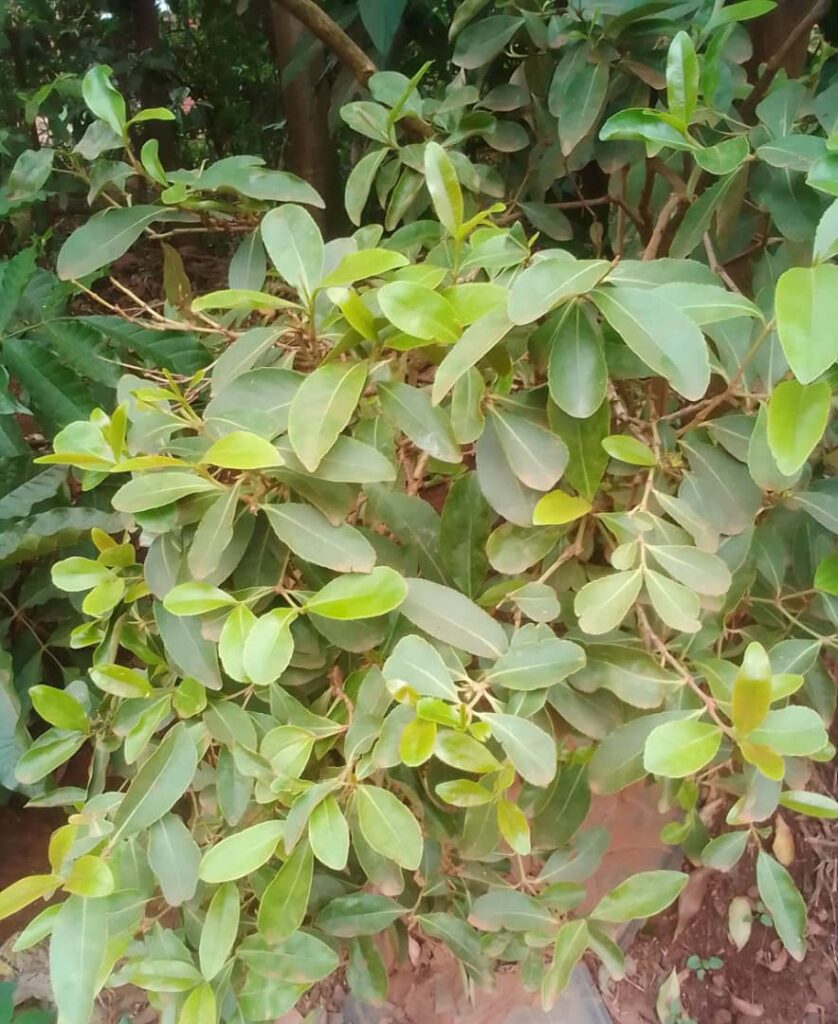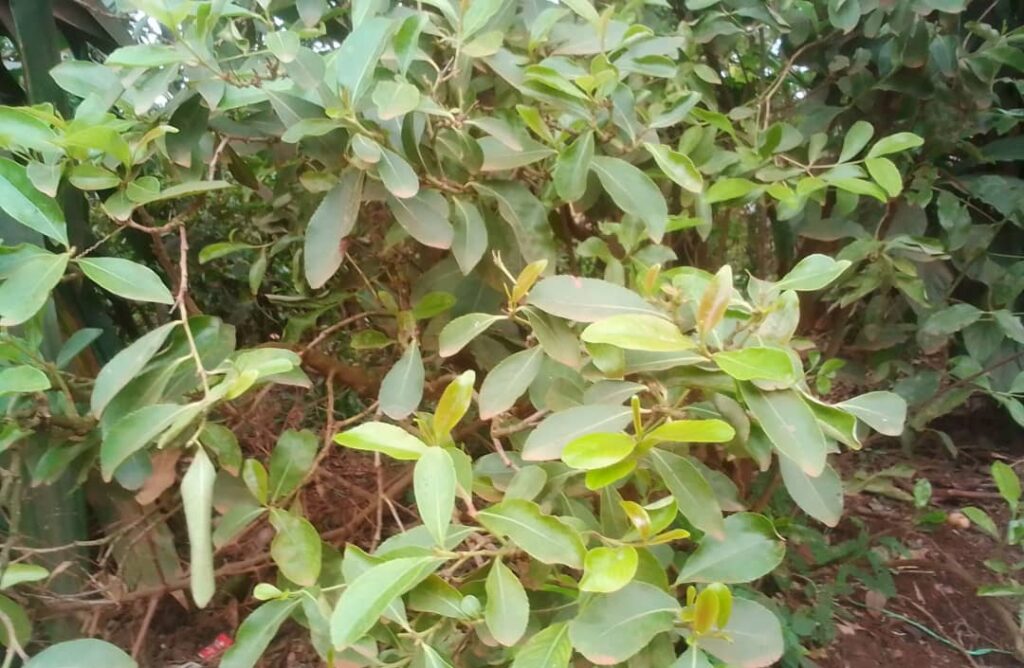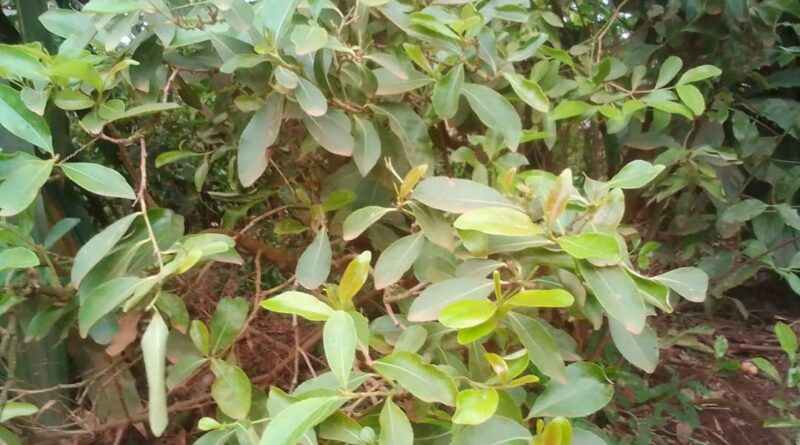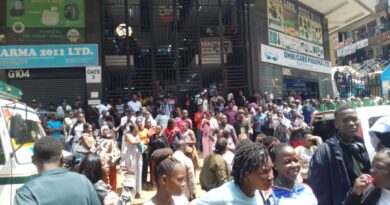It is Gold to Grow Khat (Mairungi), a Crop Many Despise — Case Study from Wakiso District
Reporter Kizindo Lule
Wakiso – Uganda:
Mairungi, also known as Mira or Khat, is a crop grown but not given the deserved attention by the so-called elites and even the Government. Money has never been an issue for the people who woke up early and embarked on growing Mairungi.
Our reporter secured an interview with one Mbabulungi Deusidedit, a Mairungi grower and resident of Kitujju village in Kyengera Town Council, Wakiso District. When asked why he chose to grow Mairungi, a despised crop among others, he replied:
“I took long to decide on whether I should engage myself in growing Mairungi or not. I used to hear people saying Mairungi distorts brain functioning and as a parent I never wanted to contribute to this.”
“However, after years of sympathy to others and poverty in my family, while witnessing Khat growers getting richer and richer, I d
ecided to take an introspection. After that, I immediately bought some seedlings and planted them.”
“It was barely a year when I started selling my garden products. Money started flowing in almost every four to seven days. Mark you, we pluck off young leaves, sell them off as others grow. Within a year I had bought a motorcycle, something I had never imagined. I chose to invest in buying more seedlings and expanded my garden into a business. I now have a saloon car and a number of boda boda cycles,” said Mbabulungi, the Mairungi grower.
Another testimony from Matovu Wycliffe, a resident of Nakirama village and also a Mairungi farmer, said:
“Growing food crops in this area where Mira does well is irrational. One would rather grow Mairungi and buy food because he will be rich. So, buying daily food can never be a problem, compared to having enough food without money.”
As a crop, Mairungi has changed the economy of people in Kyengera Town Council, more so in Kikajjo-Kasenge and Kinaawa-Kasenge-Bbandwe parishes. A number of other businesses have also cropped up due to Mairungi.
Businesses dealing in banana leaves, the ones used in packing Mairungi for sale, buy them from as far as the districts of Kyegegwa, Kasese, and Kabarole. Over 4–6 trucks filled to capacity with banana leaves are offloaded in Kasenge Trading Center, Wakiso District, on a daily basis.
From banana leaves, banana leaf reeds locally known as Bukeedo are yet another business on their own. These items are also bought in bulk and used in the art of weaving baskets that are sold in bulk to Kampala City craft markets in Old Kampala near Gaddafi Mosque (Kampala Muslim Supreme Mosque), among other places.
It is just amazing. The value of the Khat (Mairungi) business in this locality is limitless. Over 2,000 people, mostly single mothers and young men, earn between 5,000–10,000 Uganda shillings every day for picking Mairungi from shambas. They board trucks early in the morning between 4:00–6:30 am and return between 1:00–6:00 pm. The mothers use the income to look after themselves and their children. Many of these have educated their children with fees generated from Mairungi picking.
Hundreds of women board daily from Kampala to Kasenge to trade in Mairungi, selling it in Kampala and its suburbs of Kansanga, Bwaise, Mutungo-Bbiina, Kawempe, Nabweru, Kasubi, and in Kampala Central places like Kisenyi, Arua Park, Owino, Namayiba in Old Kampala, Kalerwe, Kamwokya, just to mention but a few. Guys, what are you about… The Urban Gazette is talking Mairungi business here!
Trucks for hire is yet another business in the area. Trucks transporting laborers to the gardens for harvesting Mairungi are many, and their owners earn a lot. These are heavily and expensively hired by Mairungi traders and farmers, though some have now resorted to buying theirs going forward.
The market for foodstuffs in Wakiso District areas of Kasenge, Kisozi, Nkungulutale, and Nsaggu trading centers is high since big numbers of residents grow Mairungi as opposed to growing food crops. Food is expensively sold and in a day, 2–4 full Fuso trucks of matooke are offloaded, at least a truck of cassava, sweet potatoes, Irish potatoes, a half truck of yams, oranges, mangoes, tomatoes, vegetables of different varieties, and other foods are offloaded and all bought.
Apart from the above-mentioned lines of business, commuter taxis and bikes also work a lot. There are a number of boda bodas known to transport Mairungi to Mukono, Lugazi, Masaka, and Jinja on a daily basis. A total of four drone omnibuses, filled to capacity, transport Mairungi from Kasenge Trading Center to Juba through Elegu border every day. They normally set off at 6:00 pm. Tons of Mairungi are loaded into buses of the western route from Kyengera, Buddo, Nsangi, and Nabbingo trading centers.
A number of farmers’ outlets selling pesticides used for controlling pests in Mairungi farms are also many in the said trading centers located along the Nateete–Nakawuka dusty road.
Mairungi is said to be among the most reliable energy givers. It delays sleep and keeps users alert while chewing it alongside a chewing gum known as Big G.
However, chewing it for long is said to be disastrous to oral health, as it damages the teeth and weakens the gums.
It is also said to be dangerous to brain functioning, a fact that may not be doubted. Kasenge, Nsaggu, and Nkungulutale trading centers in Kyengera Town Council have the highest numbers of people with mental health problems. These and others were the reasons why Government imposed a ban on Mairungi growing alongside marijuana.
